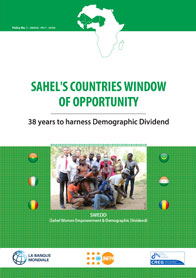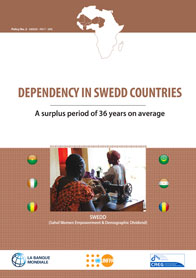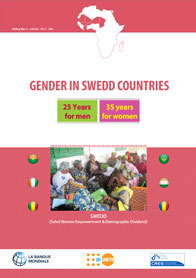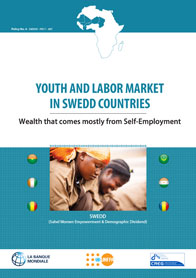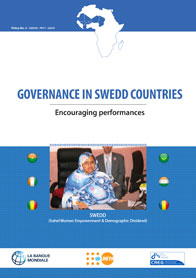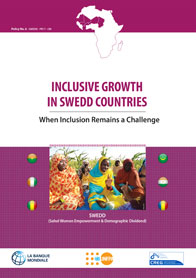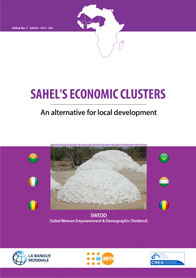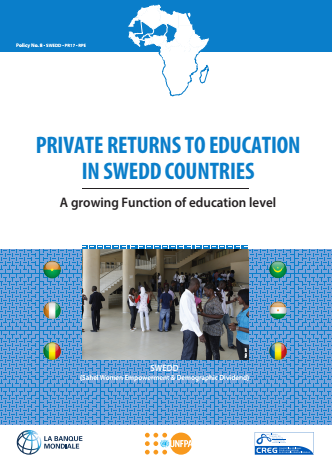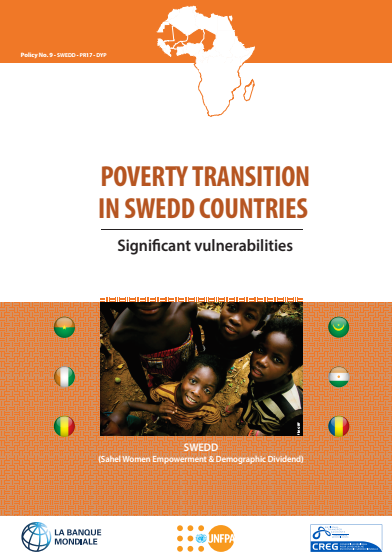Peace, security, democracy, respect for human rights and sound economic management are prerequisites for sustainable economic development. Indeed, it has been acknowledged that public and private investments are hampered by issues related to the democratic process, the multiplication of civil wars, ethnic conflicts, a climate of risk and uncertainty that reduces the profitability of investments or discourages them. In this context, the management of peace and security becomes an imperative necessity or prerequisites for attracting private capital. Recognizing that good governance is essential to enhancing the effectiveness of government action and stimulating private investment and hence growth, the sub-Saharan economies and more particularly in the SWEDD countries have backed their development strategies on the promotion of good governance.
Télécharger

